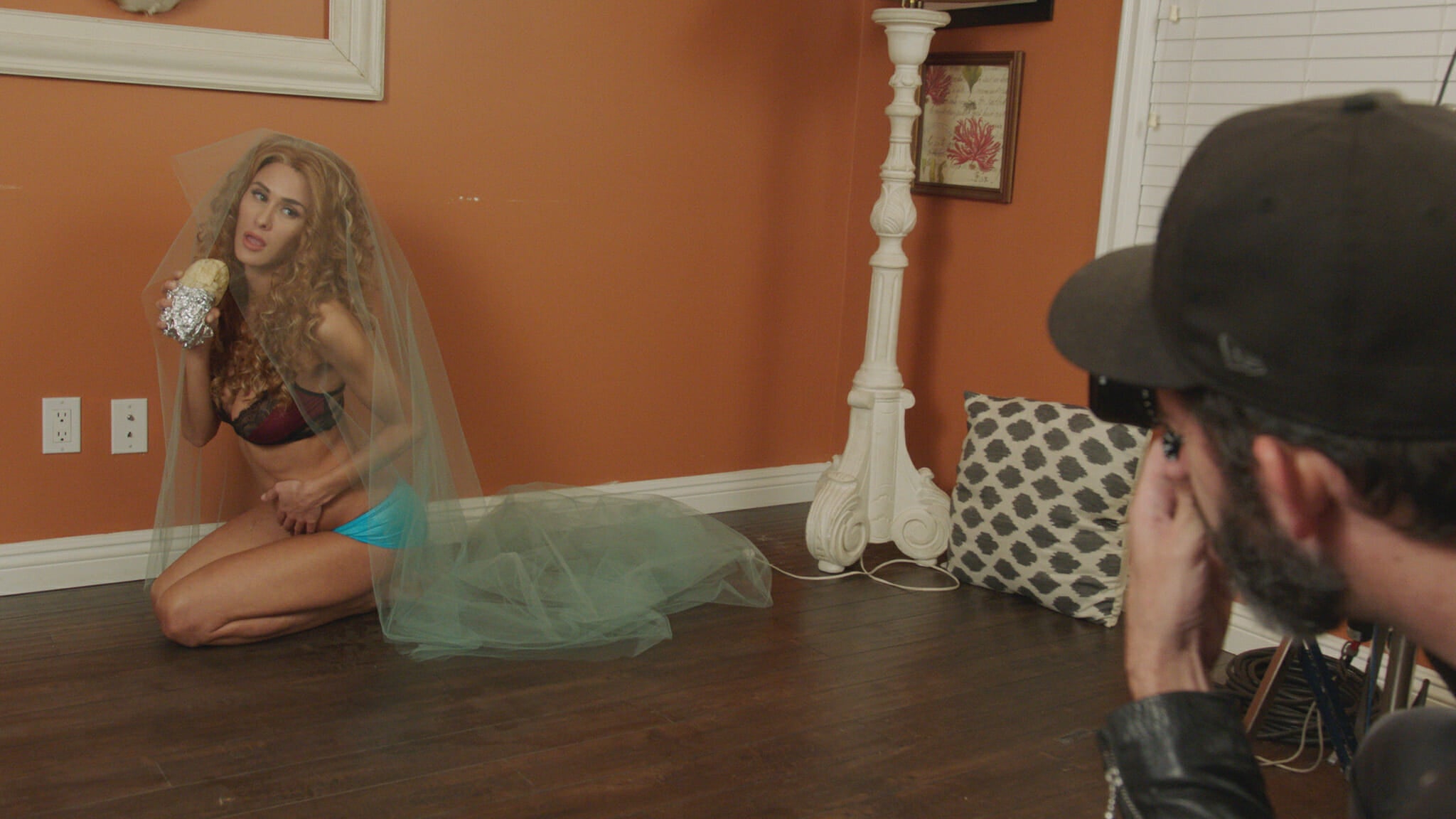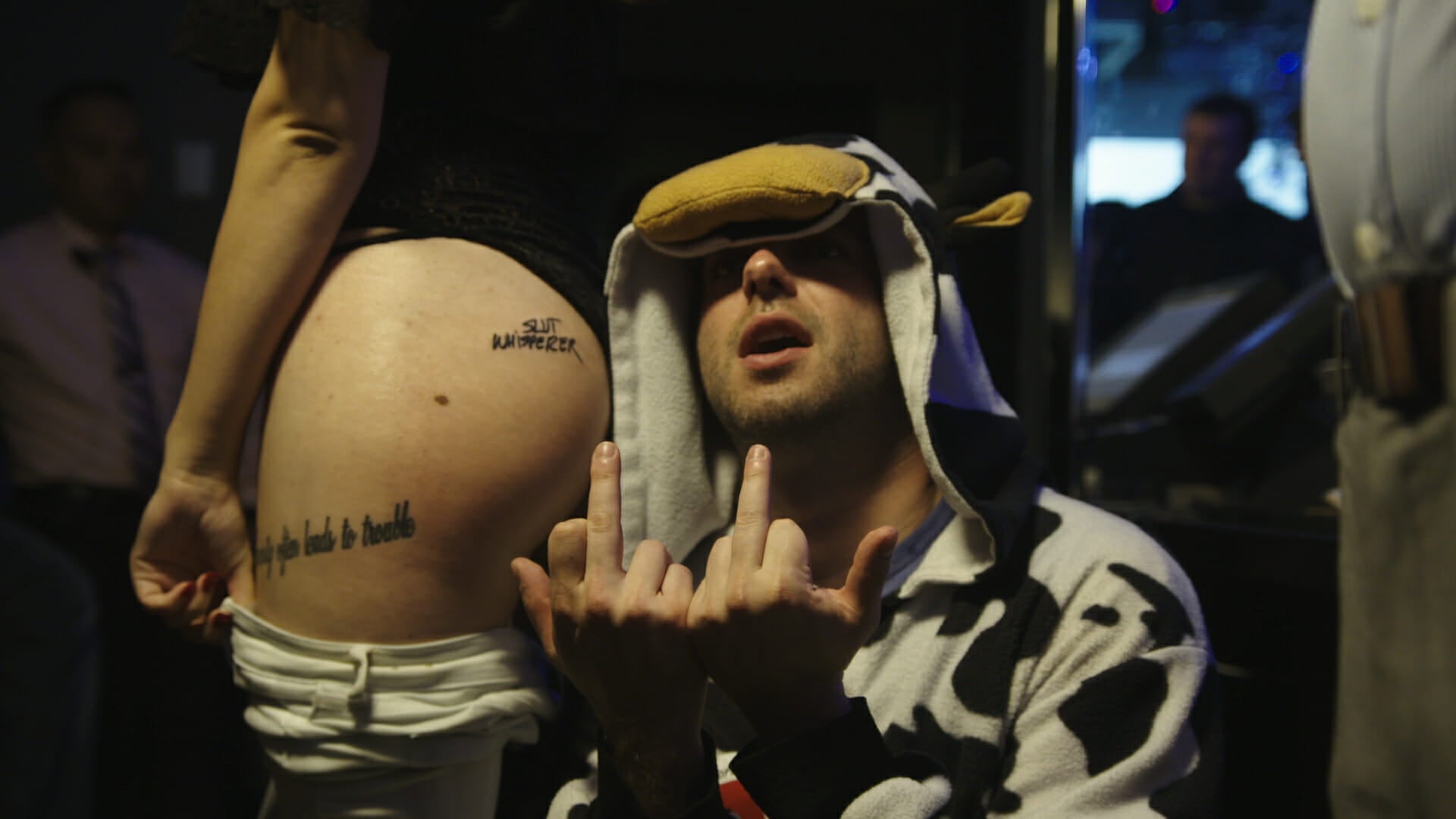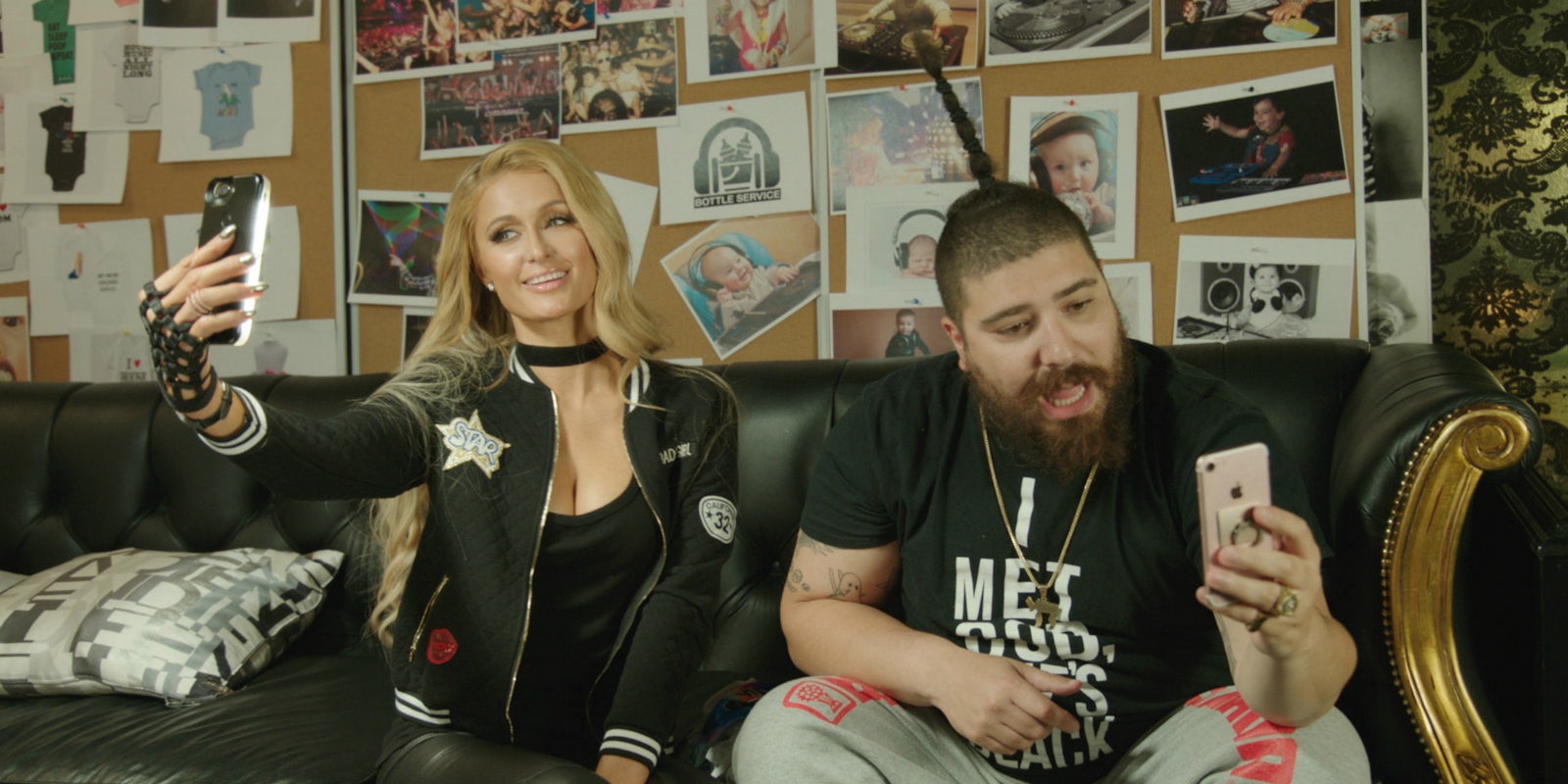Becoming famous online can happen in an instant and, for better or worse, completely change your life. For those who’ve made a career out of it, it can be fulfilling, destructive, and isolating. The American Meme doesn’t shy away from any of that as it gives viewers a close look at some of social media’s most influential personalities.

That a person who’s internet famous doesn’t share everything should come as a surprise to absolutely no one with an online presence. If that’s all director Bert Marcus (What We Started, Champs) had to say, he probably wouldn’t have needed a feature documentary to do it. But with a clear and mostly unfiltered focus on his subjects, The American Meme (which debuted at the Tribeca Film Festival but is coming to Netflix Dec. 7) shows just how high the pressure to keep up with everyone else truly is. Marcus makes it hard not to feel for the subjects, even those with whom viewers might find it hard to empathize.
The American Meme features more than a half-dozen influencers from past and present as they reflect on the reality of viral fame, but Marcus ultimately centers the film around four larger-than-life personalities: Paris Hilton (who many see as the architect of modern-day internet fame), former Vine star Brittany Furlan, Josh Ostrovsky (The Fat Jewish or The Fat Jew), and Kirill Bichutsky (who goes by the “Slut Whisperer” and posts provocative photos of wild parties he attends on Instagram). Each subject offers varying perspectives that can be both eye-opening and frustrating.

Take Ostrovsky, the most cynical of the four main subjects about their business model. He now gets invited to the kinds of parties from which he was once shunned due to how he looked, and he jokes about wanting to have a downside to fame along with the upside. He’s delighted to have enough influence that he and Hilton can make up a fake product and publications will write about it. He figures that the internet bubble will crash one day, but until it does, he’s going to take advantage of as much of it as he can.
But apart from his beginnings, we don’t get much of a sense of who Ostrovsky is when he isn’t being The Fat Jew. Even when The American Meme mentions the stolen jokes and plagiarism accusations (which doesn’t happen until about an hour into the documentary), he brushes them off.
Some feel a sense of validation from the very fact that people watch, like, and comment on what they put on the internet. Hilton (who also produced the documentary) calls her fans the “Little Hiltons” and says that she feels “closer with them than I do most people that I know.” She’s seen firsthand how sharing her life and interacting with her fans can change their lives. But she also opens up about the aftermath of a sex tape she made with an ex-boyfriend being released without her permission, revealing how violated she felt by it; her voice breaks as she details how much the paparazzi hounded her.
“It felt like I lost part of my soul and been talked about in such cruel and mean ways,” Hilton says. “I literally wanted to die at some points. I was like, I just don’t want to live ‘cause I thought everything was taken away from me.”

The American Meme also demonstrates just how all-consuming its subjects’ digital lives are. They’re never far from their smartphones, whether it’s to check their notifications or to post something new (sometimes in the middle of an interview). They constantly worry about how they’re perceived or how well they’re doing; at one point, Hailey Baldwin reveals that she’s lost modeling jobs because someone else had more Instagram followers than her. They think about how much money they could make from a single post.
But even amid the fame (or infamy) and the fortune that comes with it, it’s not everything. Furlan, who was drawn to Vine because she was able to post whatever she wanted on it, details how she’s been bullied online, both for what she makes—she acknowledges that some have criticized her videos for portraying stereotypes, but she doesn’t dwell on it—and later for dating Tommy Lee. But as much as she enjoyed it, she also found that it hindered her; her Vine videos followed her into auditions and kept her from getting roles.
Bichutsky says that he is not his online persona (who is frequently attacked for being sexist), but his followers often don’t care. They expect him to be on all the time, and many of them see him as nothing more than a story to tell. At one point, he got angry after seeing some fans writing that they wish they could party with him one last time after Bichutsky posted about suicide online. He says he’s felt like a zoo animal and that he can’t go to bed without being drunk because when he’s sober, his mind will keep him up all hours.

Will The American Meme serve as a cautionary tale for those looking to get famous? It might for some, but others might see these influencers’ fame and fortune as something to strive for. It leaves some threads unexplored (such as those who go viral through no means of their own and the fallout that ensues), but it’s a far more honest look than we’re used to seeing behind the lens. Millions of people might adore these internet celebrities, but they’re often far lonelier than a smiling selfie might portray.
But the bigger reality remains for many of them: Even if they wanted out, they might already be too far in to escape it fully, and their past will always come back to haunt them. What can you do from there? You keep the camera on.
The American Meme debuts on Netflix Dec. 7.
Still not sure what to watch tonight? Here are our guides for the absolute best movies on Netflix, must-see Netflix original series, documentaries, docuseries, and movies.
Need more ideas? Here are our Netflix guides for the best war movies, documentaries, anime, indie flicks, true crime, food shows, gangster movies, Westerns, and movies based on true stories streaming right now. There are also sad movies guaranteed to make you cry, weird movies to melt your brain, and standup specials when you really need to laugh. Or check out Flixable, a search engine for Netflix.


